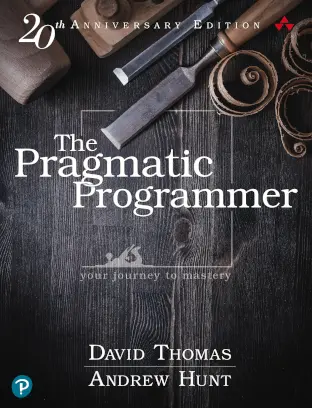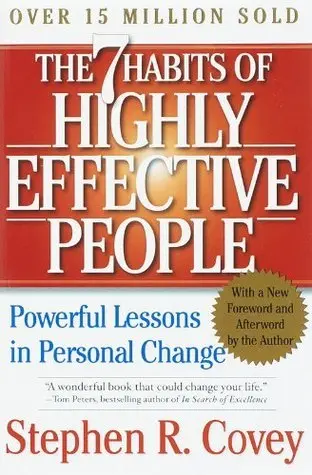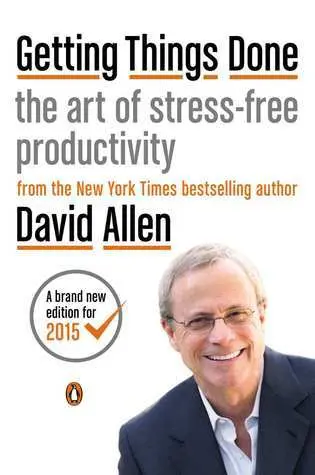Below is an overview of content that matches the tag "organizing".
Note that this list is not exhaustive, as it is automatically aggregated based on manually assigned categorizations.
If you notice a missing element, or think some of the items are wrongfully categorized, please create a bug/improvement ticket on our github issue tracker.
Patterns tagged with "organizing"
problem:You find yourself constantly busy, yet achieving little of value.
description:Assign a priority category to tasks based on their urgency and importance. Act depending on priority category.
problem:You find it difficult to remember what you want to achieve, and are distraught by the amount of tasks you have yet to finish.
description:Implement a personalized workflow to organize, prioritize, and complete tasks
problem:You are looking for ways to enhance productivity by reducing meeting time, interruptions, and communication overhead.
description:Write minimally viable documentation to assist in decision tracking, context understanding, and effective stakeholder communication.
problem:You want to reduce the impact of being pulled out of your flow.
description:Delegate memory tasks to an external system to reduce cognitive load, maintain focus, and improve task management.
Books tagged with "organizing"
The Pragmatic Programmer, 20th Anniversary Edition: your journey to mastery
( permalink )Thomas, D.; Hunt, A. (2019) The Pragmatic Programmer, 20th Anniversary Edition: your journey to mastery. Addison-Wesley Professional. isbn: 978-0135957059.
Widely regarded as one of the finest books on software development, ‘The Pragmatic Programmer’
by Andy Hunt and Dave Thomas offers invaluable insights into their approach to software development.
Presented in a highly practical, down-to-earth, and conversational style,
this revised classic is a must-read for anyone involved in software development.
The book covers a wide range of topics, from coding techniques and project management to software architecture and best practices.
It provides actionable advice and timeless wisdom that empowers developers to write elegant,
maintainable code and become more effective in their work (as well as maintain their sanity while doing so).
The 7 Habits of Highly Effective People: Powerful Lessons in Personal Change
( permalink )Covey, S. R.; Collins, J. (2004) The 7 Habits of Highly Effective People: Powerful Lessons in Personal Change. Free Press. isbn: 0743269519.
A revered classic in the realms of both software development and management, Stephen R. Covey’s book delves into the transformative power of effective habits. Covey introduces readers to a set of values and practices that promote mindful time management. He explores the art of personal management systems, the significance of mastering the skill of saying “no,” and the profound notion that “saying yes to something means saying no to something else.” Covey’s book invites the reader to introspection, encouraging them to reflect on their desired self and guiding them toward tangible steps to achieve personal growth and effectiveness.
Getting Things Done: The Art of Stress-Free Productivity
( permalink )Allen, D. (2015) Getting Things Done: The Art of Stress-Free Productivity. Penguin Books. isbn: 0143126563.
A no-nonsense approach to take control of your time. Allen shares his tips to keep focussed on what is important to you, emphasises the need for a system you can trust, and empowers you to implement a way of organizing your life and commitments that fits your preferences.






